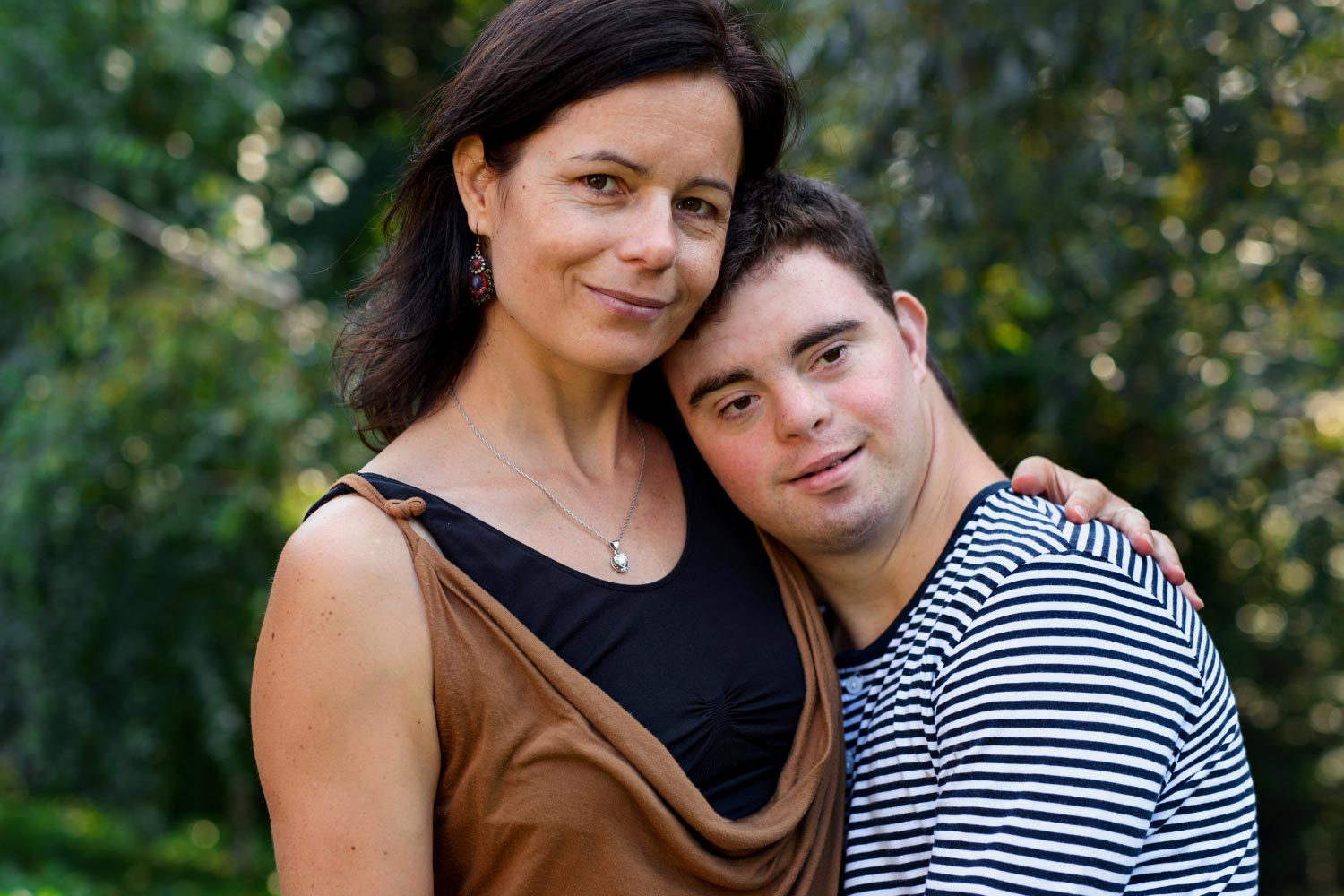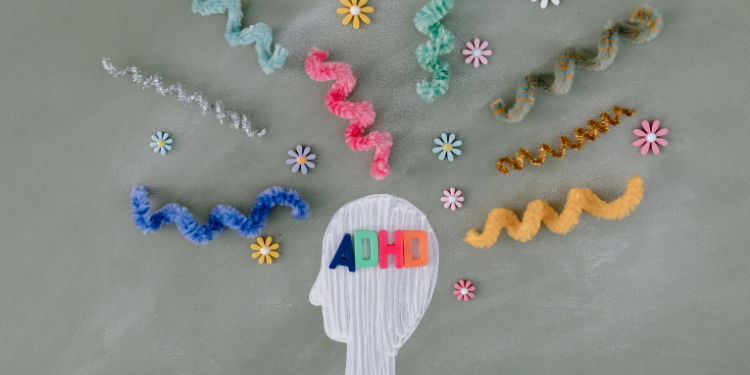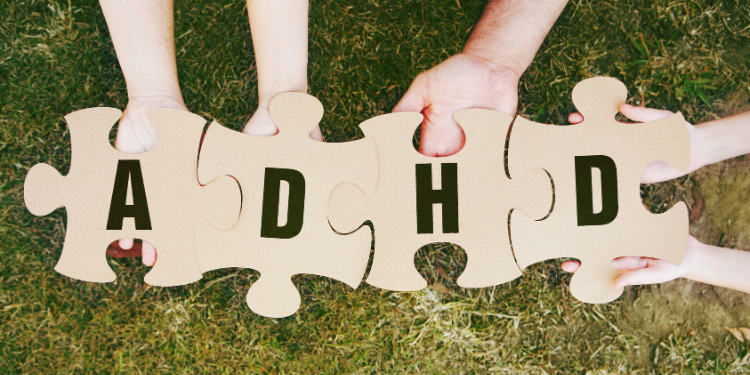When my brother-in-law John was a teen, a new minister started at the church that my in-laws had attended for years. John, who has Down Syndrome, had welcomed people at the front door of the church, distributing church bulletins, and carrying candles in for liturgy. He loved serving the church.
Sadly, his contributions ended with the new minister, who argued that someone with an intellectual disability didn’t have the capacity to understand or respond to the gospel and so should not be allowed to represent the church, even if simply welcoming people.
I was shocked. How could a minister so openly exclude a person with a disability from participating at church? Even though I had a degree in theology, I’d never thought about disability from a Christian perspective. In fact, I was certain that disability was something that had never been addressed during my theological training or any church training I’d attended.
Ever since, I’ve thought a lot about how Christians can respond to disability in ourselves and others, especially when it’s not discussed in churches or theological colleges. I began to ask questions. What is a Christian response to disability? How can we grapple with some passages in Scripture that mention disability? What barriers might prevent people with disabilities attending churches? These questions have occupied my writing and ministry for almost twenty years.
In writing to the church in Corinth, Paul describes God’s people as the Body of Christ (1 Corinthians 12:1-31). Just like there are different parts of the human body with different functions, so it is in Christ’s Body. This Body, with its diverse parts, is to live together in unity, recognising the gifts of all its members as they come together to do God’s work in the world.
This means not over- or under-estimating our own gifts or the gifts of others. Instead, we are to accept that everyone has different gifts, and that God gives each of those gifts to be used to his glory. This also means recognising, “God has placed the parts in the body, every one of them, just as he wanted them to be.” (12:18).
Earlier in the passage, Paul says that the gifts of each believer are given as a “manifestation of the Spirit” (12:7). “Manifestation” can also be translated “revelation,” so spiritual gifts are given to help reveal God’s Spirit. Each member of Christ’s Body is a vessel through which God brings about his purposes.
The characteristics which some might consider a limitation to a person’s ability to function in the world — like a person’s intellectual disability — are actually irrelevant in Christ’s Body.
— Dr Louise Gosbell
So the characteristics which some might consider a limitation to a person’s ability to function in the world — like a person’s intellectual disability — are actually irrelevant in Christ’s Body. All of our bodies have limitations and weaknesses. And while some bodies might appear as more limited than others, it doesn’t impact God’s ability to work through each for his glory!
As Paul says, those members of the Body which “seem to be weaker are indispensable” (12:22). All members of the Body of Christ are broken vessels in various ways but our limitations — whether from disability, insecurity, fear, sickness, or anything else — are not a hindrance to God’s gifts working through us to reveal his love. If anything, Paul tells us the complete opposite: “God’s power is made perfect in human weakness” (2 Corinthians 12:9).
God is at work through human ability and disability to bring about his purposes in the world, that is, through the times we think too much of our own abilities and when we doubt we have any; through the gifts which are publically praised and the quiet gifts of compassion, service, and peace-making which often go unrecognised. Our limitations and disabilities are part of how God works, not a barrier to it.
When that minister met John, he saw someone who speaks slowly, and who takes a minute to process information. What he didn’t take the time to see was John’s patience and perseverance, his kindness and sensitivity. The minister only saw John’s limitations as a hindrance to God’s work rather than an expression of God’s gifts to the community.
The challenge for us as Christians is to look beyond the exterior, to look beyond the characteristics and traits that our society so reveres and instead embrace the beautiful diversity of Christ’s Body. Incredibly, God works through all of us, through our limits and imperfections to bring his message of grace to a broken and needy world.
Dr Louise Gosbell is a lecturer and the Dean of Students at Mary Andrews College. She was a 2017 ADM Senior Research Fellow and her PhD on the language of disability in the gospels was published in 2018. This article first appeared in Propel Sophia.




